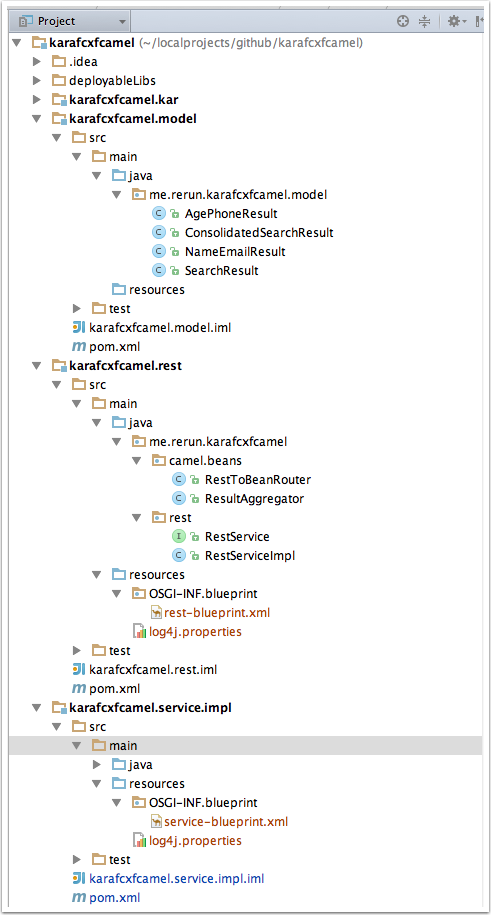Roads & PavementRoads & Pavement
Barefoot
Minimal
Low
Medium
High
Maximal
All around running shoes offer comfort and cushioning for daily runs, jogs, walks, and long mileage. They offer enough versatility for both faster and slower runs and are a great option for those who want one running shoe to do it all.
Fast run or uptempo running shoes are lightweight and responsive. They offer streamlined designs that have minimal uppers and offer a high level of energy return. These shoes are a great option for faster runs in the week or those looking for a livelier experience.
Max Cushion shoes offer premium cushioning with ample ground protection and a stable ride. These types of shoes provide abundant impact protection that softens landings while running at any pace or distance. These types of shoes are best for slower recovery runs and easy days where comfort takes priority.
Racing shoes are designed with optimal performance in mind. These types of shoes have snug-fitting uppers, energetic midsole foams, and features implemented for maximum efficiency. These types of shoes are best for runners looking to gain the ultimate advantage in races but may sacrifice some durability and comfort.
Gym Workout shoes offer a stable and versatile ride. They have a firmer underfoot feeling that provides stability for lateral movements with comfortable uppers. These types of shoes are best for trips to the gyms, cross training, casual wear, and light running. What is the difference between Open Services Gateway Initiative
Road running shoes feature smooth outsoles that are designed for running on paved surfaces such as roads, sidewalks, and bike paths.
Designed to handle most trail runs, these shoes prioritize comfort and a smooth ride. These shoes are great for anything from smooth singletrack, park trails, and fireroads making them ideal for those who run from their doorstep on streets before hitting the trail.
These shoes are best used for hard, rugged trails such as shale, granite or sandstone where grip on smooth surfaces and underfoot protection are important.
Designed for use in muddy, soggy conditions, these shoes feature very aggressive outsoles that dig deep into soft ground for exceptional traction.
These shoes feature technical outsoles designed to grip snowy and icy trails making them ideal for winter trail running.
Cushioning level, or stack height, refers to how much shoe is between your foot and the ground. For this category, we reference the amount of cushioning below the forefoot as the heel height will be equal to or greater than the forefoot height.
What is OSGi An Intro to The Open Service Gateway Initiative
0-13mm. The Shoe generally does not have a midsole and feels like there is no cushioning. This shoe is all about feeling the ground underfoot.
14-18mm. The shoe has a thin midsole that allows for a natural running experience. Racing shoes and minimalist shoes are common here. These shoes offer a feeling of being connected to the road or trail.
19-23mm. The shoe has a slightly cushioned feel and may feature added cushioning technologies. Performance training shoes and some trail shoes are common here. These offer protection during footstrike but prioritize a lightweight, grounded experience.
24-28mm. These shoes have a stack height that fall near the middle of the spectrum.The shoes in this category are verstaile and great for all types of runs and distances.
29-34mm. The shoe has a thick midsole and ample cushioning. These shoes are highly protective and absorb more impact than the body.
35mm plus. The shoe has an extremely thick midsole and extra cushioning. The focus is on protection and soft foam underfoot with hardly any ground feel.
Neutral shoes support the foot through a normal range of arch collapse and generally do not have a built-in technology to correct movement.
Stability shoes are a great option for those who overpronate or need added support. These shoes help to limit the inward rolling motion of the ankle while running or walking and assist in guiding the foot straight through the gait cycle. Building Camel CXF REST Service in OSGi for Karaf Multicasting
Product Details:
OSGi Modularity and Services Tutorial store, Include entire JDK8 in a OSGI bundle and deploy on OSGI running on store, Spring OSGi store, What are OSGi Remote Services SMC Tech Blog store, What is OSGi An Intro to The Open Service Gateway Initiative store, Chapter 2. Securing the Apache Karaf Container Red Hat Fuse 7.10 store, Jahia OSGi architecture store, Learn The Basics Of OSGI Framework Pro Liferay store, OSGi Spring store, Spring Boot RESTful Web Service Example DZone store, Exposing the boot classpath in OSGi store, Using Spring with XWT Eclipsepedia store, Spring Tool Suite 3.8.4 New and Noteworthy store, Estructura de Plugins con OSGI Spring Boot Diario de Programaci n store, Connect OSGi and Spring YouTube store, Spring Boot and OSGi integration sample store, Building Camel CXF REST Service in OSGi for Karaf Multicasting store, What is OSGi An Intro to The Open Service Gateway Initiative store, What is the difference between Open Services Gateway Initiative store, Learn The Basics Of OSGI Framework Pro Liferay store, OSGi and Spring Data for simple Web Application Development store, Exposing the boot classpath in OSGi store, AEM Integration with Spring TO THE NEW Blog store, Using CDI to Inject OSGi Bundles as Services in NetBeans IDE store, Liferay 7 with Spring Boot issue Forums Liferay store, Which maven project i choose for creating spring boot web store, YotsubaMomo OSGI Tutorial 3 how to get BundleContext in store, Instant OSGi Starter store, GitHub fasseg spring boot osgi demo Demo try show that osgi store, How to add org.springframework.boot spring boot starter parent store, OSGi with the Spring Framework PPT store, Chapter 5. Introduction to OSGi Red Hat JBoss Fuse 6.3 Red Hat store, Connect OSGi and Spring store, Getting Started with Spring DM DZone Refcardz store, Spring vs Spring Boot OpenXcell store, OSGi Blog OSGi with Java Modules all the way down store, Chapter 5. Working with OSGi services Spring Dynamic Modules in store, OSGi a walkthrough. This post will briefly explain about by store, Apache CXF DOSGi Spring DM Demo page store, Chapter 5. Bundles and Application Contexts store, OSGi vs Spring Boot What are the differences store, GitHub jborozan springboot wrapper demo Demo of Springboot OSGI store, GitHub vakho10 osgi spring boot example Spring boot example for store, How to integrate the spring boot project generated by swagger with store, GitHub mmornati springboot osgi sample OSGi framework store, Chapter 1. Modular development with Spring and OSGi Spring store, Spring Boot with OSGi. We know enterprise applications like by store, OSGi vs Spring Boot What are the differences store, Spring Boot with OSGi. We know enterprise applications like by store, Chapter 6. Packaging and Deploying Spring based OSGi applications store, Product Info:
Spring boot osgi store.
- Increased inherent stability
- Smooth transitions
- All day comfort
Model Number: SKU#7502080




